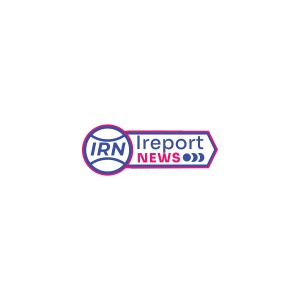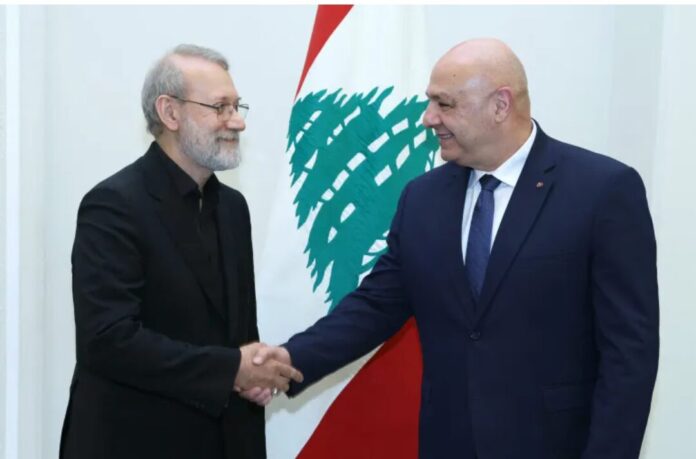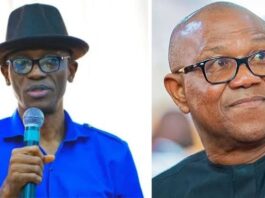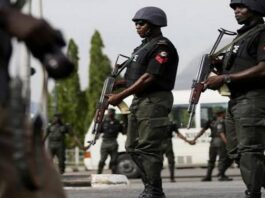
Iran has dispatched one of its most senior politicians, Ali Larijani, secretary of the Supreme National Security Council, to Beirut in a bid to soothe tensions surrounding Hezbollah’s disarmament. The visit comes after the Lebanese government, under pressure from the United States, announced it would seek to disarm Hezbollah by the end of the year. Hezbollah’s Secretary-General Naim Qassem denounced the idea, stating, “The resistance will not disarm so long as the aggression continues and the occupation persists.”
Iranian Foreign Minister Abbas Araghchi expressed support for Hezbollah’s decisions, saying, “We support any decision the group makes, but we do not intervene.” However, his comments were met with anger in Beirut, with Foreign Minister Youssef Rajji condemning them as “firmly rejected and condemned” due to perceived interference in Lebanon’s internal affairs. Rajji emphasized that such statements undermine Lebanon’s sovereignty, unity, and stability.

Analysts believe the decision on whether to retain or relinquish its arms may not be Hezbollah’s alone, given its close ties with Iran. HA Hellyer of the Royal United Services Institute noted, “Hezbollah does not have complete freedom of action in this regard… But it doesn’t act simply as a proxy for Tehran.” Hellyer also suggested Tehran may view its allied groups in Iraq more favorably now, especially after the fall of Syria’s Bashar al-Assad severed land supply routes to Lebanon.
Hezbollah has long been considered a powerful non-state actor in the Middle East, and its disarmament could have significant implications for regional stability. Nicholas Blanford, a non-resident senior fellow at the Atlantic Council, described Hezbollah as “a threat and a provocation, depending on where you’re standing.” He added that while Hezbollah’s capabilities have been diminished, it still poses a threat, albeit to a lesser degree.
Larijani’s visit was seen as an opportunity for Beirut to open up new lines of communication with Tehran and potentially determine what Iran might be willing to consider in return for Hezbollah’s future disarmament. Michael Young of the Carnegie Middle East Center emphasized the importance of maintaining relations with Iran, saying, “You can’t cut ties. It doesn’t make sense. You want Iranians inside the tent, not outside.”

The Lebanese government faces a delicate balancing act between maintaining its relationship with the US and navigating regional alliances. As the situation unfolds, the international community will be watching closely to see how Lebanon and Iran navigate this complex issue. The outcome will likely have far-reaching consequences for regional stability and the future of Hezbollah.




